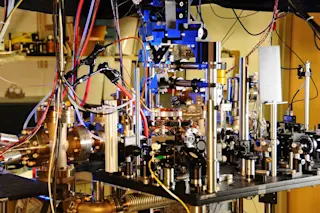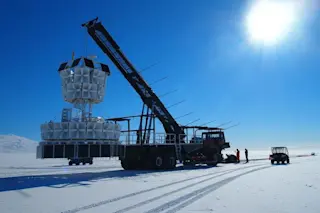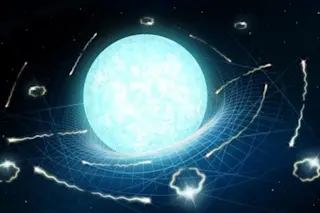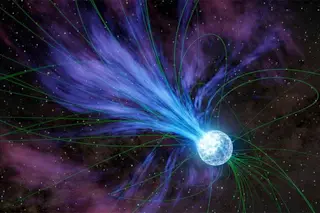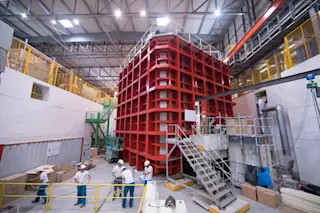Time, like money, only seems important when it’s running out. But to physicists, time is always a big deal. Relativity tells us that the flow of time depends on the circumstances you’re measuring it in: Clocks tick faster on top of mountains than at ground level, for example, and the faster you go the slower your clocks go. Time depends on space.
But now, thanks to technological advancements in atomic clocks — the most accurate time-keeping devices we’ve devised — we can turn things around, and determine physical parameters more accurately by studying the passage of time. Our understanding of space will depend on time.
The new clocks, described today in the journal Nature, will also promise what better atomic clocks usually promise: improved timekeeping, communication and navigation technologies. But in addition to their insights into the physical space around them, the devices could also help find gravitational waves, test ...


